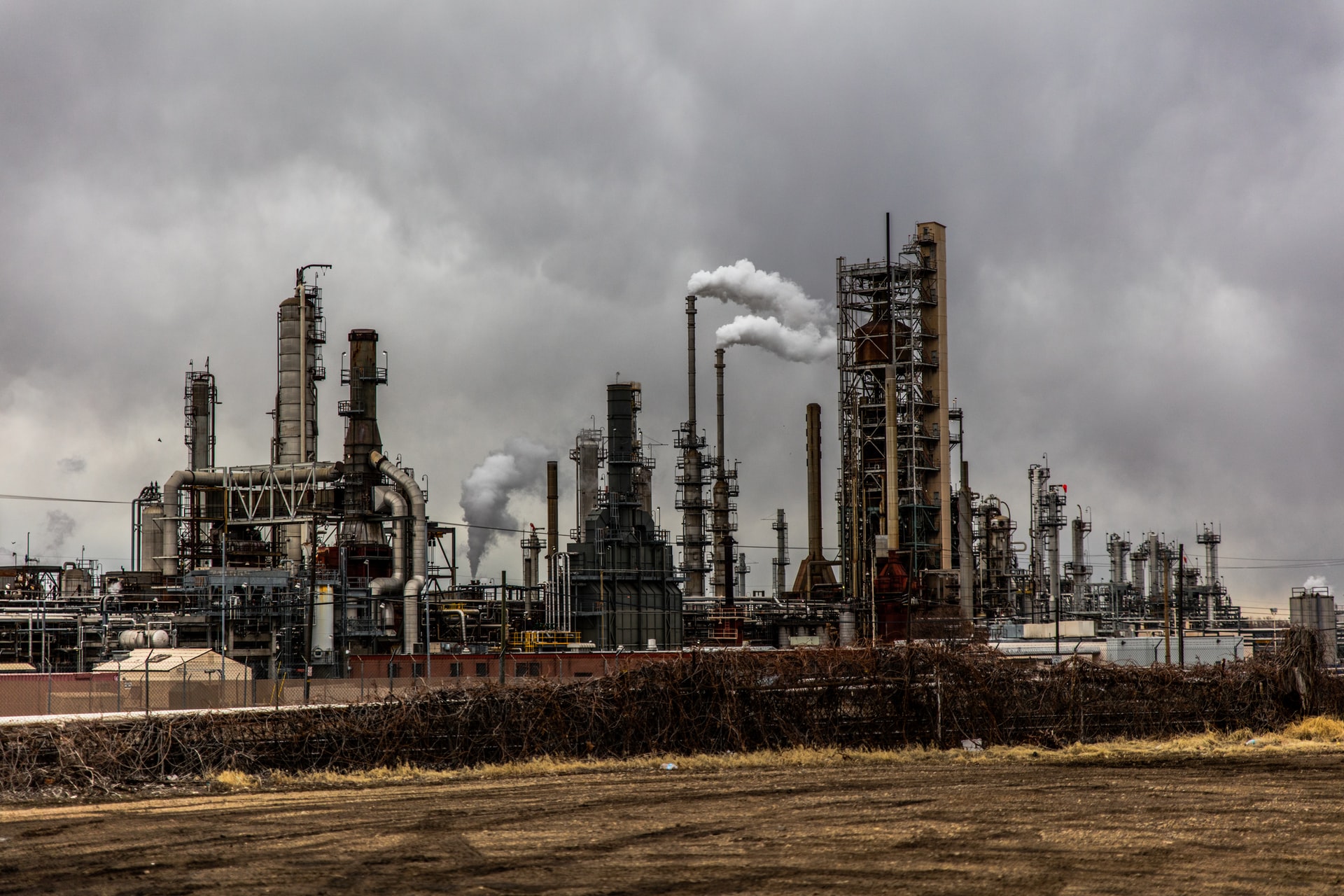
- Sustainable Planet -
- 5mins -
- 392 views
UK’s NatWest Bank to sever ties with most polluting clients
The NatWest Group has said it will stop doing business with a number of coal companies and end lending to certain oil and gas firms who lack “credible” decarbonisation plans.
NatWest to end ties with polluting clients
NatWest Group has announced plans to stop doing business with a group of coal companies and end lending to some oil and gas firms due to their lack of “credible” green plans. The number of companies affected is “relatively small … dozens and less” according to the Financial Times, citing James Close, the bank’s head of climate change, with the change to be enforced as soon as it is practicable.
Energy firms that will be able to continue borrowing from the British lender will include those “that aren’t doing any more upstream oil and gas production”, Mr Close said. The executive added that one of the companies it plans to remove considered coal a “growth business”.

No “credible” decarbonisation plans, no bank loans — NatWest group
UK bank NatWest has said it will stop doing business with a group of coal companies and end lending to certain oil and gas majors because they do not have “credible” decarbonisation plans.
Those changes would be enforced “as soon as is practicable,” the bank said this week, as part of its commitment to tackling climate change. James Close, NatWest’s head of climate change, said he could not name the companies but told the Financial Times the number involved was “relatively small . . . dozens and less”.
One of the companies viewed coal “as a growth business . . . It was pretty obvious that there was no landing space between us,” he said. Ending the relationships sent a “powerful signal” to companies without robust climate plans, he added.
Banks and other financial institutions are under growing pressure to re-evaluate how and whether to do business with the most polluting companies. Many have made net zero emissions commitments that include the pollution associated with their portfolios.
In 2020, NatWest said it would stop lending and underwriting for companies with “more than 15 per cent of activities related to coal,” and to large oil and gas producers, unless they had credible transition plans by the end of 2021. Continued below…
Source: Financial Times

NatWest’s assessment took into account whether company plans were aligned with the Paris Agreement
In a climate disclosure report published on Friday, NatWest said it had £1.43bn ($1.91bn) of exposure to companies in these categories as of December, and that it would wind down lending and underwriting to customers accounting for £967m ($1.29bn) of that exposure because their plans were insufficient.
The bank will “stop lending and underwriting to these customers, including stopping renewal, extension or refinancing of any existing commitments,” it said.
It will also “fully exit” relationships with the coal companies, which accounted for £437m ($585m) of exposure, “as soon as is practicable.”
Close said the companies that passed the test were “by and large . . . [those] that aren’t doing any more upstream oil and gas production”.
During discussions with companies about their plans, NatWest was given “some feedback that . . . coal wasn’t as bad as a lot of people make out, and you could say coal is better than gas because of methane [emissions] from gas,” he said.
Coal is the most polluting fossil fuel, and weaning the world off it is seen as a priority for tackling climate change. At the international COP26 summit in Glasgow last year, negotiators promised to “phase down” coal, though did not set a timeline for doing so.
NatWest’s assessment took into account whether company plans were aligned with the Paris Agreement to limit global warming, and how credible those plans were, based on factors such as executive incentives and investment plans.
The bank said its oil and gas sector lending exposure had fallen to £3.25bn ($4.35bn) by December 2021, from £4.13bn ($5.53bn) in December 2020, owing in part to the “tighter lending criteria now in place for this sector”. It has committed to stop all new lending to coal projects by January 2030.
Source: Financial Times

HSBC expects all its clients to have a plan to exit coal by the end of 2023
Last December, HSBC, Europe’s leading banker to corporate Asia, laid out its long-awaited policy on financing thermal coal. It said it expected all its clients to have a plan in place to exit the fossil fuel by the end of 2023.
Coal is contentious for governments across Asia as they look to move away from the cheap and widely used, but carbon-intensive energy source to help meet a global commitment to cut emissions in the fight against climate change.
Under its plan, HSBC will cut exposure to thermal coal financing by at least 25% by 2025 and 50% by 2030. However, non-EU or non-OECD-based clients could be funded until a global phase-out by 2040, its sustainability chief told Reuters.
Building on an existing pledge not to finance new coal-fired power plants or thermal coal mines, HSBC said the policy would help phase out existing coal use in line with the science of climate change and be reviewed annually.
Source: Reuters/RTÉ
130 BANKS WORTH $47 TRILLION ADOPT CLIMATE POLICIES TO SHIFT THEIR LOAN BOOKS AWAY FROM FOSSIL FUELS
130 banks, including Deutsche Bank, Citigroup, and Barclays, adopt UN-backed climate policies to shift their loan books away from fossil fuels. Full story.

